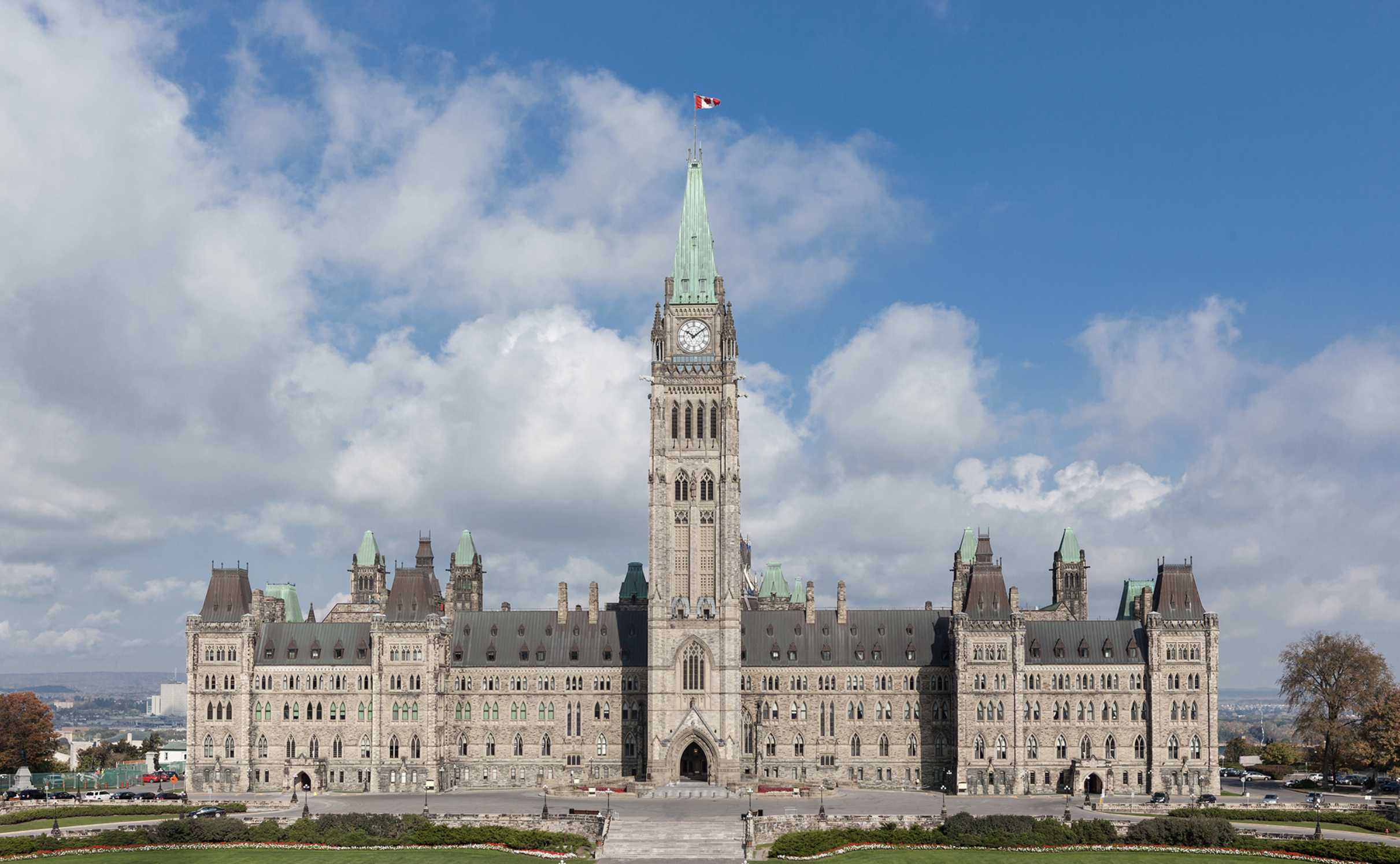Majority of Canadians Concerned About Erosion of Free Speech Rights, Poll Shows
Image courtesy parl.ca
A majority of Canadians believe their freedom of speech is under threat, according to a recent Leger poll.
The online survey, which interviewed 1,610 Canadians between April 26 and April 28, 2024, found that 57 percent of participants feel their free speech rights are compromised. Among these, 23 percent perceive this threat as serious, whereas 34 percent view it as somewhat serious. In contrast, 36 percent of respondents do not share this concern, and seven percent remain undecided or chose not to respond.
Political affiliations appear to play a significant role in these perceptions. A stark 76 percent of Conservative supporters believe free speech is endangered, compared to a majority of Liberals, 61 percent of whom disagree with this sentiment. Supporters of the New Democrats are split on the issue.
The poll also touches on the controversial Online Harms Act, proposed by the current Trudeau government, which aims to “hold social media platforms accountable” for protecting users from content deemed harmful by the state. While Justice Minister Arif Virani defends the Act as a balanced approach to protecting Canadians while respecting free speech, critics argue it could unduly limit expression, particularly through its harsher penalties for “hate speech.”
Respondents' opinions on free speech limitations reveal a divided public. Forty-four percent align with imposing restrictions to curb “hate speech” and “intolerance,” whereas 45 percent advocate for no limits, supporting the open debate of all viewpoints. This division is also mirrored in party lines, with 60 percent of Conservative voters opposing any limits, whereas 64 percent of Liberals and 66 percent of NDP supporters favour some form of restriction.
The survey indicates that while a majority of 76 percent of Canadians feel comfortable expressing their views on government decisions, this confidence drops slightly to 71 percent when discussing socially sensitive topics like abortion, gun control, and immigration.
Issues exacerbating tensions around free speech include a perceived decline in mutual respect and the influence of social media, cited by 29 percent and 20 percent of participants, respectively. Additionally, 13 percent attribute the growing contention to a degradation of Canada's moral fabric.
The debate persists as the federal election approaches, with 60 percent of Canadians confident in its fairness. However, confidence wanes among Conservative voters, 40 percent of whom doubt the election's integrity.
The findings of this Leger survey not only highlight a significant unease about the state of free speech in Canada but also signal the deep political and social rifts that could influence upcoming legislative and electoral battles.


